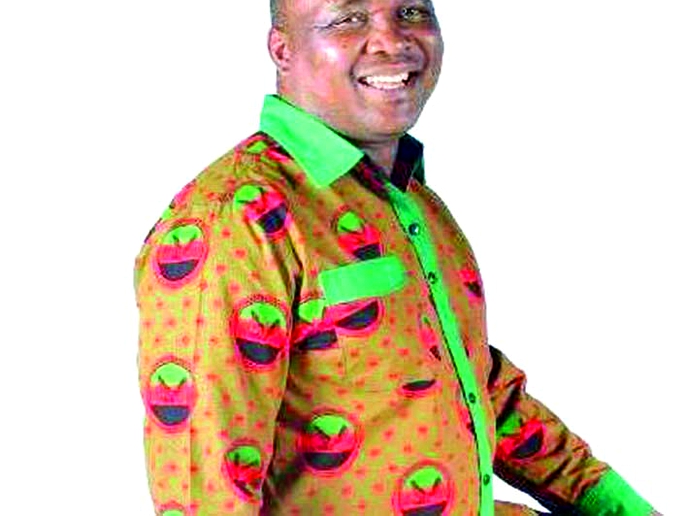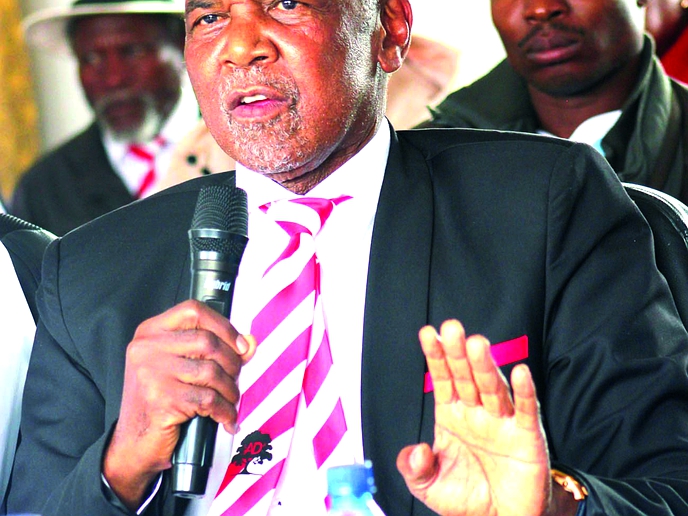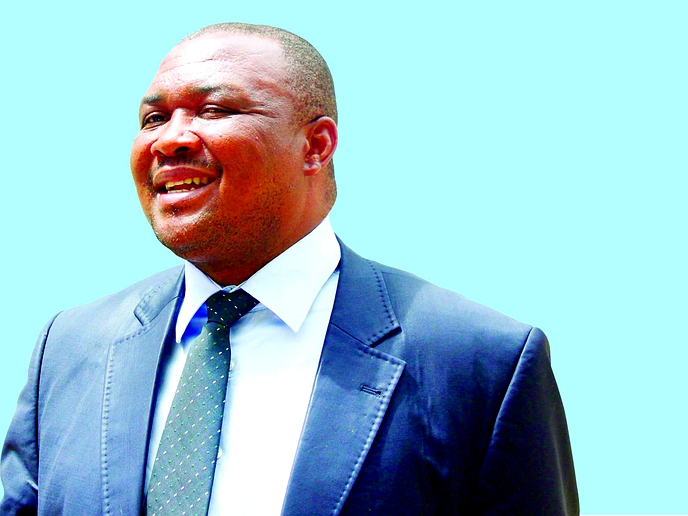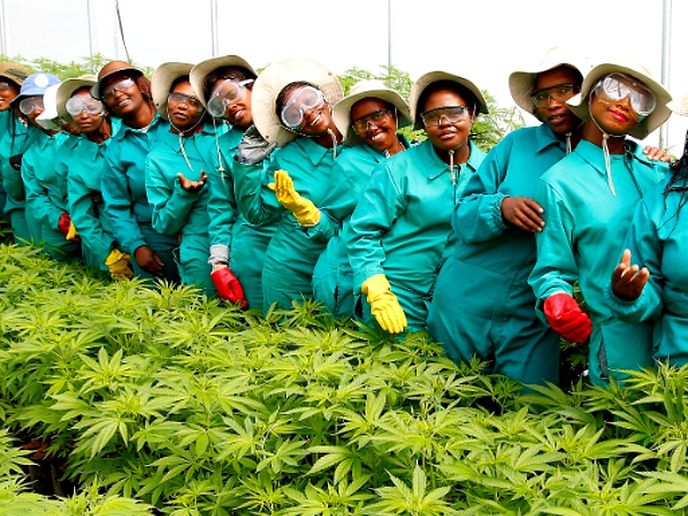Since 2014, when almost everybody with interest in Lesotho began to accept the earlier call by civil society on the need for reforms, Basotho have been eager for the day they would speak their minds on the governance architecture of their country. This day has never come; instead, it has been launch, re-launch and another launch. Today, civil society takes a decisive position to get stakeholders moving towards the national multi-stakeholders dialogue on reforms. Can the sector lead the country on reforms?
comments
May 31, 2018
SOFONEA SHALE
3 min read
Can civil society lead Lesotho to reforms?
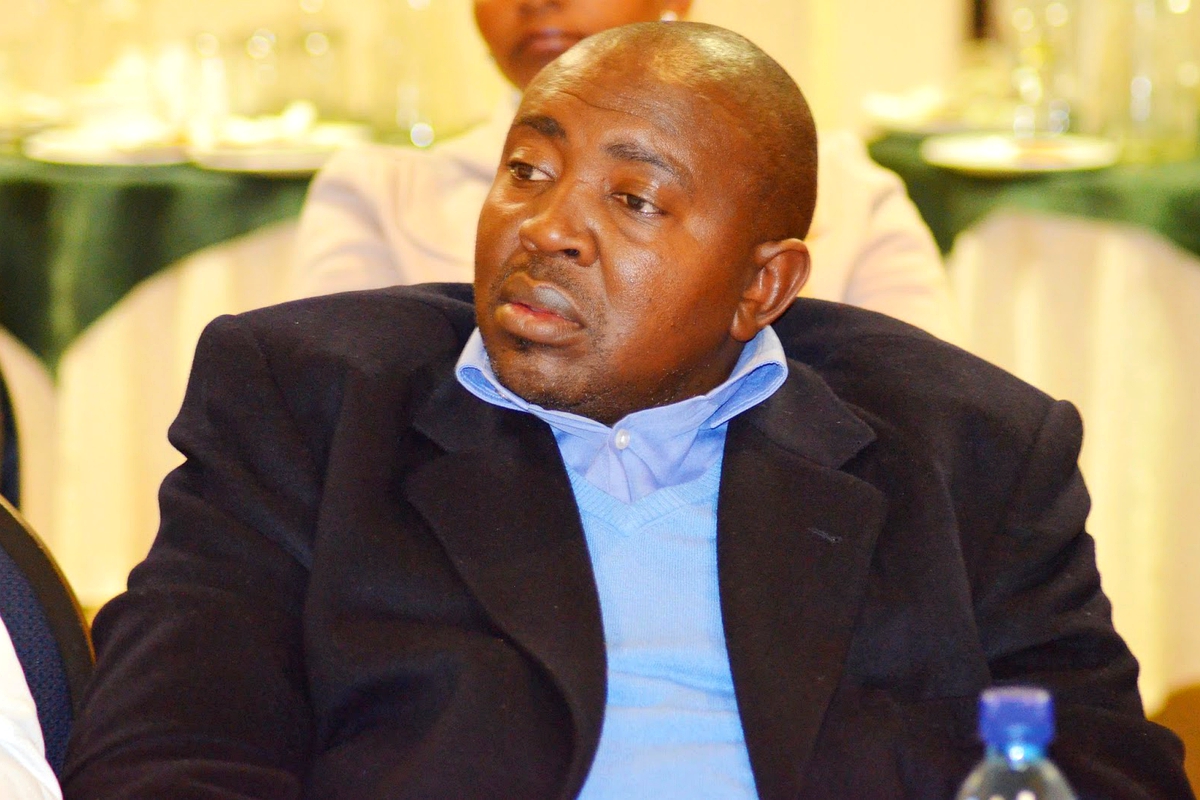
Sofonea Shale
Though this question may be answered in a short and precise manner – yes or no – with substantiation necessary for a convincing argument, another approach could be to examine what is necessary for reforms to kick start, then look at civil society and determine whether it has what it takes to lead the reforms process. The latter approach is chosen not for avoidance of direct engagement and desire to complicate the response, but for its offer of an opportunity for broader engagement.
First and foremost, the political dilly dally and silly-sally besetting reforms is neither new nor an accident, but a well thought manipulation of the situation by politicians. None of the politicians has come out clearly to say they do not want reforms. Every one of them repeatedly confirmed their desire to progress with reforms. If politicians were genuine why is it that Lesotho has not gone ahead with reforms since 2014? Immediately after returning from the New Zealand trip, the government launched the reforms process at an occasion where the report was made public. The government acknowledged civil society’s initiative by attending the popular launch organised by Development for Peace Education (DPE) at Matsieng. Instead of going ahead with the reforms, politicians opted for early elections in 2015. The Khokanyana-phiri administration, also known as reformist government, launched the reforms process; today, the Prime Minister in the 4x4 coalition government launches the reforms process in parliament. Should Basotho wait for another launch or a multi-stakeholders dialogue on reforms?
Enjoy our daily newsletter from today
Access exclusive newsletters, along with previews of new media releases.
Following the June 2017 National Assembly elections, which were disputed by the losing coalition when there was deafening silence on reforms, the civil society under the auspices of the Lesotho Council of NGOs (LCN) convened a post-elections national dialogue that generated interest in moving forward with the reforms process. The government was even proposing some possible dates for the multi-stakeholders dialogue on reforms, but nothing materialised. At the civil society post-election dialogue, a resolution was undertaken by the participants to establish a multi-stakeholders steering committee to shepherd the reforms process.
The intention was for this encompassing body to be closer to the government processes so that the enthusiasm to move forward demonstrated at the dialogue would be maintained. On the basis of the eagerness demonstrated by all including the government, the civil society decided not to convene, but give proposed steering committee composition to government. Seven months down the line, there is no reforms dialogue. The opposition demands, which are now conditions for participation in the reforms, have increased from three to 13 if not 14. The LCD first, and later other political parties in parliament walked out of the government-political parties’ talks led by church and now the SADC are giving Lesotho deadlines. But is this what politicians believe Basotho deserve?
It was at this stage that the civil society, under the auspices of LCN, felt duty bound to convene the steering committee which is made up of political parties in and out of government, including those not represented in parliament, business, labour, media, church, chiefs, civil society and academia, to take the country forward. Given this background, the question whether the civil society would really take the country to reforms is logical. The civil society believes in power of the collective and power of persuasion. The Civil society neither has political clout that SADC carries nor moral authority of the church, but skill in process facilitation. Put differently, alone they may not but together with other key actors they have potential to unlock the barriers, help the government and opposition get into real dialogue and exchange, segregate issues of convergence from those of divergence, facilitate consensus building on major issues of contention, and guide parties to find middle ground.
While this skill exists beyond doubt in the sector, the political nature of disagreements may not solely be dealt with by skill alone just like it has been demonstrated that authority alone may not. What is needed moving forward is a combination of authority and skill to facilitate the process. Basotho should also demonstrate that they deserve better and hold leaders accountable for their lack of responsibility.
Tailored for you



